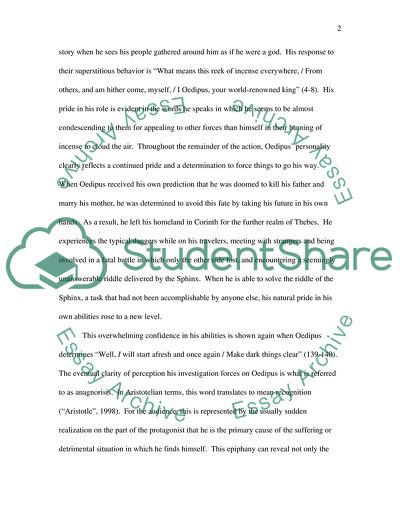Cite this document
(Who Am I: A Question for the Ages Assignment Example | Topics and Well Written Essays - 1782 words, n.d.)
Who Am I: A Question for the Ages Assignment Example | Topics and Well Written Essays - 1782 words. Retrieved from https://studentshare.org/sociology/1710673-oedipus-death-of-a-salesman-and-the-glass-menagerie
Who Am I: A Question for the Ages Assignment Example | Topics and Well Written Essays - 1782 words. Retrieved from https://studentshare.org/sociology/1710673-oedipus-death-of-a-salesman-and-the-glass-menagerie
(Who Am I: A Question for the Ages Assignment Example | Topics and Well Written Essays - 1782 Words)
Who Am I: A Question for the Ages Assignment Example | Topics and Well Written Essays - 1782 Words. https://studentshare.org/sociology/1710673-oedipus-death-of-a-salesman-and-the-glass-menagerie.
Who Am I: A Question for the Ages Assignment Example | Topics and Well Written Essays - 1782 Words. https://studentshare.org/sociology/1710673-oedipus-death-of-a-salesman-and-the-glass-menagerie.
“Who Am I: A Question for the Ages Assignment Example | Topics and Well Written Essays - 1782 Words”, n.d. https://studentshare.org/sociology/1710673-oedipus-death-of-a-salesman-and-the-glass-menagerie.


